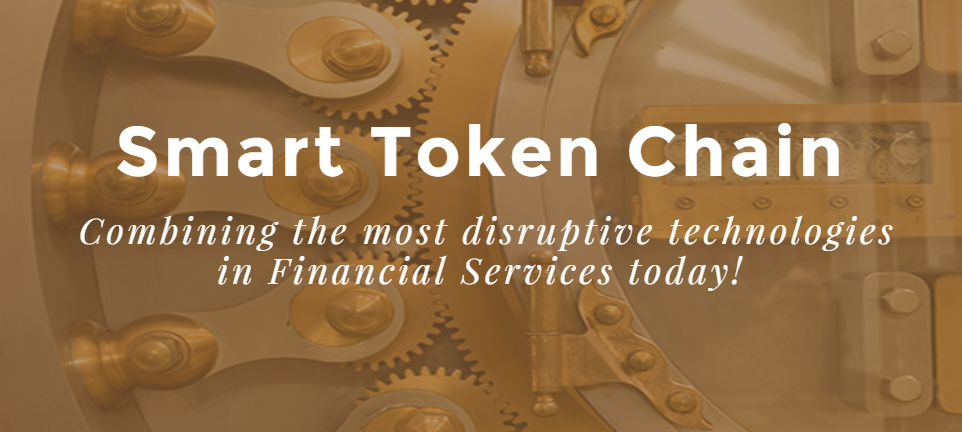Smart Token Chain, Inc. has announced the launch of its Smart Contract Settlement Exchange, connecting banking and other payments systems across the world using patent-pending smart token and blockchain technology.
Major financial institutions worldwide are increasingly taking interest in blockchain technology and investing heavily on blockchain research. They want the speed and contract closure (Finality of Payment) that the blockchain offers.
“The blockchain promises rapid, secure and inexpensive transactions using smart contracts,” says Thomas Meredith, CEO of Smart Token Chain. “It allows a decentralized ledger system to manage transactions in a secure manner. But if everyone is creating their own proprietary solution, how will all these institutions communicate with each other? Without that integration piece, investments in blockchain settlement systems may not pay off.”
Smart Token Chain identified the need for a universal “blockchain system exchange” that will sit at the center of the web of all these upcoming proprietary blockchain settlement systems.
“Smart Contract settlement systems will remain proprietary,” he added. “Financial institutions do not want to exchange assets and settle payments across P2P networks. But, building connections between counterparties so that all the proprietary systems built over the next decade will easily communicate, will take more investment than many banks and asset traders will want to bear.”
Smart Token Chain has created the integrating mechanism that will eliminate the cost of building all those interfaces. This will expedite acceptance of blockchain solutions for smart contract settlement, moving settlement speed from two days or more, to real-time.
Smart Token Chain enables financial institutions to create fully proprietary ledger systems and smart contract tools, while easily exchanging transaction and settlement messages with other proprietary blockchain systems.
In addition, it will also connect traditional or legacy payments systems to these new proprietary blockchain systems, so financial institutions that are not investing heavily in blockchain innovation labs will have the ability to reach, and collaborate with, those who are far ahead in this space.
Smart Contract Settlement Exchange To Integrate Proprietary Blockchain Solutions

Smart Token Chain Homepage Screenshot (EconoTimes)
Wednesday, March 30, 2016 8:00 AM UTC
Editor's Picks
- Market Data
Most Popular



 FxWirePro- Major Crypto levels and bias summary
FxWirePro- Major Crypto levels and bias summary  FxWirePro- Major Crypto levels and bias summary
FxWirePro- Major Crypto levels and bias summary 


























